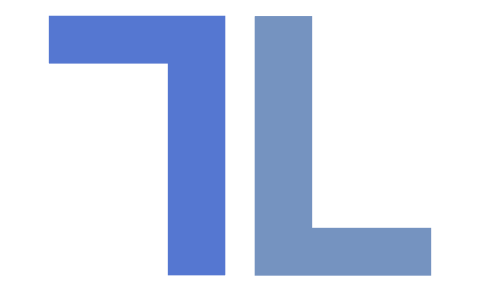Artificial Intelligence: The path towards responsible governance
India and Europe are strategic partners. The relationship today is stronger than ever. As we speak, we are negotiating a Free Trade Agreement, an Investment Agreement, and have launched a Trade and Technology Council (TTC) to put flesh on the bones of our Connectivity Partnership, so as to achieve, together, the digital transformation we need to meet the challenges of the 21st century. The EU-India TTC will be the platform for us to engage strategically on artificial intelligence, responding to geopolitical change and the challenges we face at the nexus of trade, trusted technology, and security.
The governance of responsible artificial intelligence is one of the hottest topics in contemporary institutional debate. In the past several years, digital affairs have changed the face of international relations. We are witnessing a global race for the control of strategic technologies, and every country has a strategy and a guiding policy on AI whether it be oriented around OECD, Google, IBM, Open AI principles or other frameworks. The countries leading the way in emerging technologies such as AI are widely recognised to hold the reins of the next era of global power.
But no matter how AI governance will be finally designed, the way in which it is done must be understandable to the average citizen, to businesses, and practising policy makers and regulators confronted with a plethora of initiatives at all levels. Taking AI to the next level means increasing the digital prowess of global citizens, fixing the rules for the market power of tech giants, and understanding that transparency is essential to build the path toward the responsible governance of AI. And at a global level, it will be crucial to constantly cooperate strategically with partners within the framework of the International Digital Partnership on AI.
The purpose of my intervention at this conference will be first to advance solidarity with the practitioners of AI and the IT community in setting up constructive models for the development of responsible AI. In order to do so, I would discuss some policy and regulatory models of AI governance from a national and international perspective, highlighting similarities and differences, and identifying good practices for a responsible AI.
The second purpose will be to look outside the national boxes and see what is happening at the international level. I will present the work of G7, the group of the world’s most industrialized nations, on the Hiroshima AI, a process intended to regulate generative AI in a way that is sensitive not only to the massive opportunities AI represents, but also the risks it entails.
My third purpose will be to present the results of the EU-USA Trade and Technology Council work on AI large models – as a potential model of the best practice that could be considered by the EU-India Trade and Technology Council.
Speaker Biography
Prof. Dr Cristina Vanberghen is an academic and political commentator, and senior expert at the European Commission, with leading expertise in digitalization, consumer policy and foreign policy. She has lectured on the EU-India Digital Partnership within the framework of G20 India and published articles about “Aatmanirbhar Bharat and EU: A promising digital partnership.”
A French/Romanian national, she was Secretary of State participating in the political and economic change in her region and country of origin, Romania. That experience gave her a first-hand understanding of the drivers of political and social change as well as of the emerging global challenges in many policy areas including cybersecurity and artificial intelligence. She is a leading advocate of a human-centered approach to the regulation of cyberspace and AI. Dr. Vanberghen was a director with Deloitte and Touche and Ernest & Young, she has a doctorate in cyber consumer law and unfair trading practices, and has published widely on subjects ranging from AI, cybersecurity, foreign affairs, and Russia’s cyberwar in Ukraine.

